Veteran Farmers Have Work Boots on the Ground
When you think about it, farmers and soldiers have a lot in common. They get up early, stay up late and work hard, driven by a sense of purpose and dedication. They take risks, make sacrifices and provide a crucial service for their country. They put their all on the line to do what needs to be done. So it makes sense that many veterans returning to civilian life after their military service find a new mission in farming.
Take Robert Elliott, for example, Marine Corps veteran and Executive Director of The Veteran’s Farm of NC, Inc. He raises chickens, ducks, turkeys, pigs and sheep, and grows heirloom vegetables and shiitake mushrooms. The farm he runs today is the same farm he grew up on. As a youngster, however, he wanted nothing more than to get away from the farm.
So he joined the Marine Corps. Following five years of service, he became a contractor for the Marine Corps for most of the next 10 years.
Then, in 2011, he got laid off. He sold his house, moved back to the farm and went back to school to get an engineering degree. Meanwhile, he bought a few backyard chickens.
“I was sitting there with my brain fried from working differential equations one night,” he recalls. “I was looking at those chickens and I thought, you know what? I think I’m going to try to farm.”
He traded his motorcycle for a website and enough cash to buy 100 chickens, and he was in business. Proceeds from the chickens paid for pigs; proceeds from the pigs paid for turkeys; and so on.
“Now we’re into sheep. Business has doubled over the past two years,” he says. “This year, I’ll probably quadruple with chickens. Every year, it gets better and better.”
Besides the financial rewards, raising animals and working the land has been good for him mentally and emotionally, Elliott says, and that has turned him into a passionate advocate for other veterans who are interested in farming, especially those suffering from post traumatic stress disorder or traumatic brain injury.
“Farming isn’t a cure all for vets with these conditions, but many have found therapeutic benefits from farming,” he says, adding that aspiring farmer veterans must have a firm grasp of what it takes to be a farmer.
Using his own farm as the training ground, Elliott is developing a program to give veterans that firm grasp of farming know-how. The Veteran’s Farm of North Carolina will provide education and hands-on experience growing, processing, and marketing meat and produce. It also will offer mentorships, business planning, financial counseling, and connection to a range of additional resources and partner organizations, whether participants plan to establish their own farms or are simply seeking employment.
Among those organizations are several that Elliott already works with directly. He is a certified peer mentor with the Wounded Warrior Project and hosts hunting events for warriors on his farm. He has secured the Rural Advancement Foundation International (RAFI) as financial sponsor of The Veteran’s Farm of North Carolina (now accepting donations on his behalf). And he is an active member and advocate of the Farmer Veteran Coalition, a national nonprofit organization dedicated to helping veterans establish careers in agriculture.
“Robert is the kind of guy we’re really lucky to connect with because his mission isn’t just to farm himself, but to help others,” says Michael O’Gorman, founder and executive director of the Farmer Veteran Coalition (FVC), himself a veteran and farmer.
The Farmer Veteran Coalition boasts more than 4,000 members nationwide, with more than 100 in North Carolina. Its diverse membership includes 16 percent women (about the same percentage as that of women serving in the military), 20 percent ethnic minorities, and all kinds of farm sizes and types.
“We have one critical need as a nation in agriculture,” O’Gorman says, “and that’s more people going into it. We need boots on the ground, so to speak. We honor each veteran’s choice and path as to how they want to farm.”
Since the organization’s founding in 2008, FVC has awarded farmer veterans more than $500,000 through its small grants program. FVC’s marketing initiative, Homegrown by Heroes, helps raise awareness of farmer veteran-grown products among consumers. And a network of partner organizations including the U.S. Department of Agriculture, Farm Bureau, Farm Credit, Kubota Tractor Corp. and others offer more support.
“We provide a lot of different services,” O’Gorman says. “We have staff who are trained to navigate USDA benefits; we have staff who can help with business and food safety planning or give free legal assistance. So there’s a lot we can do, and there’s a lot we can do to put farmer veterans in touch with others to do what we can’t.”
– Carol Cowan


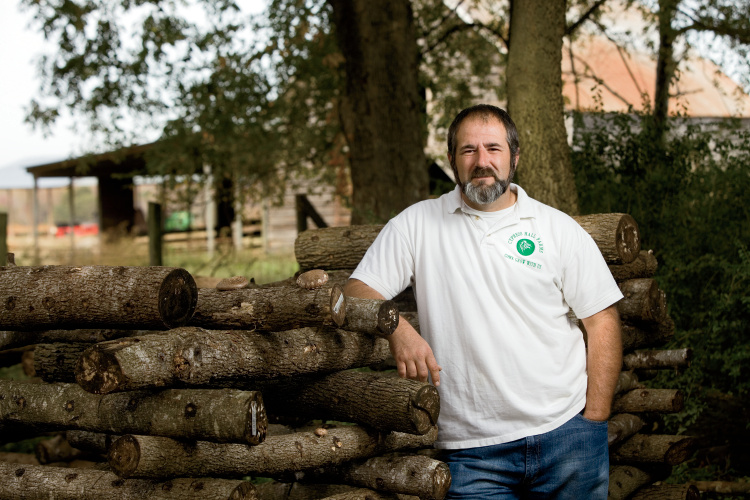

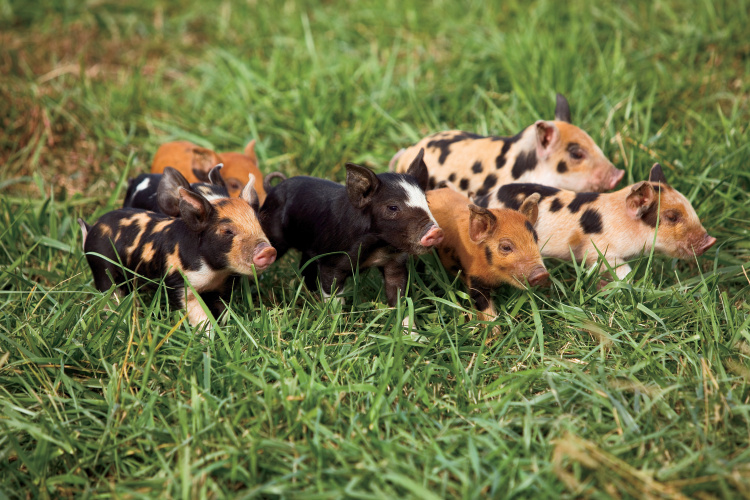
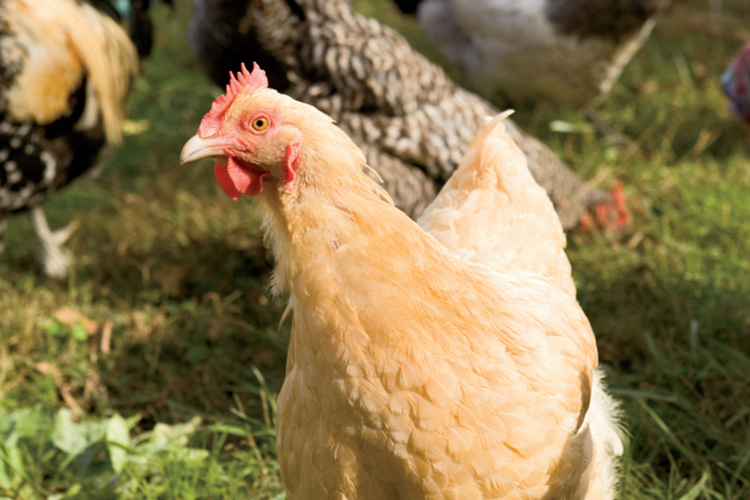
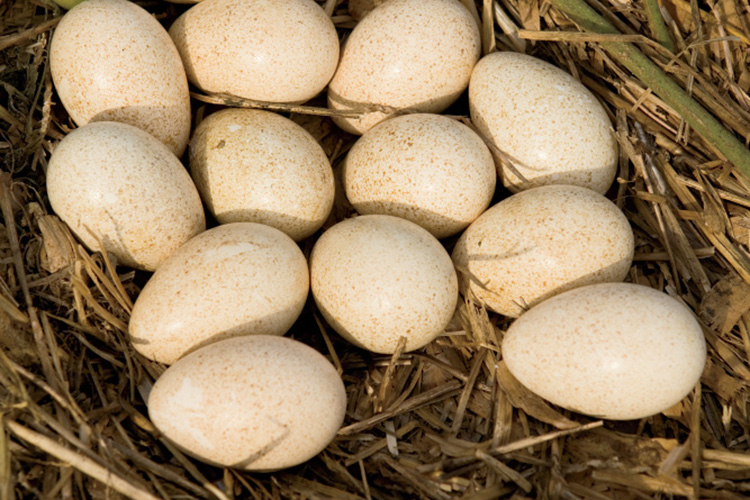
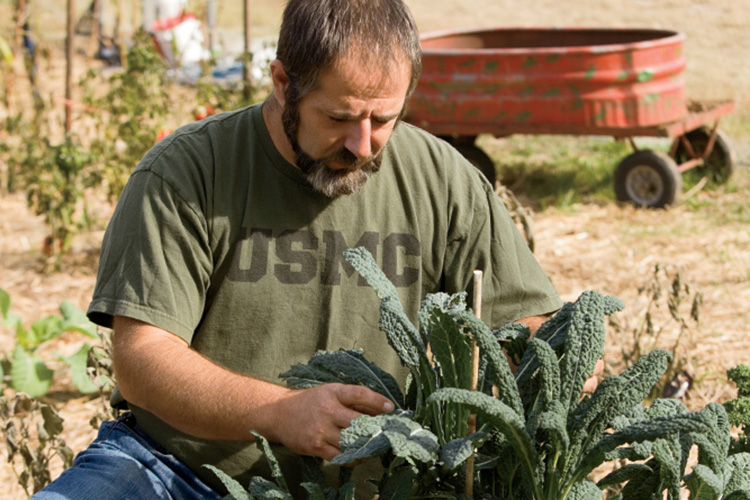

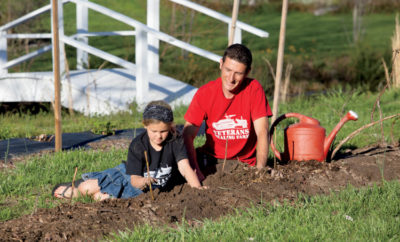
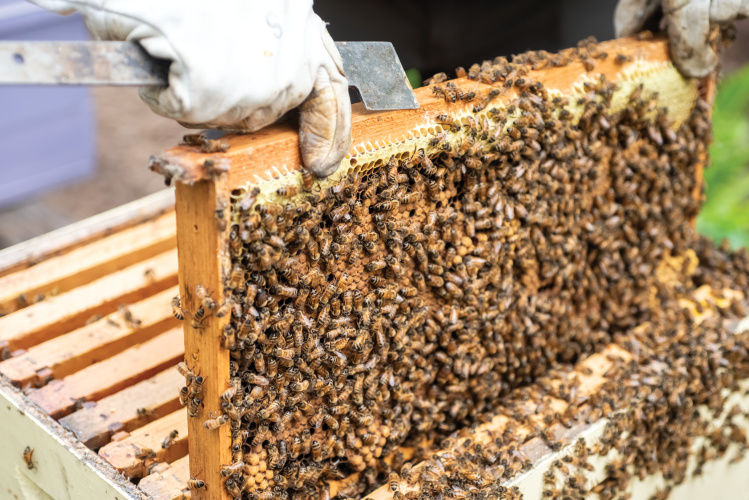
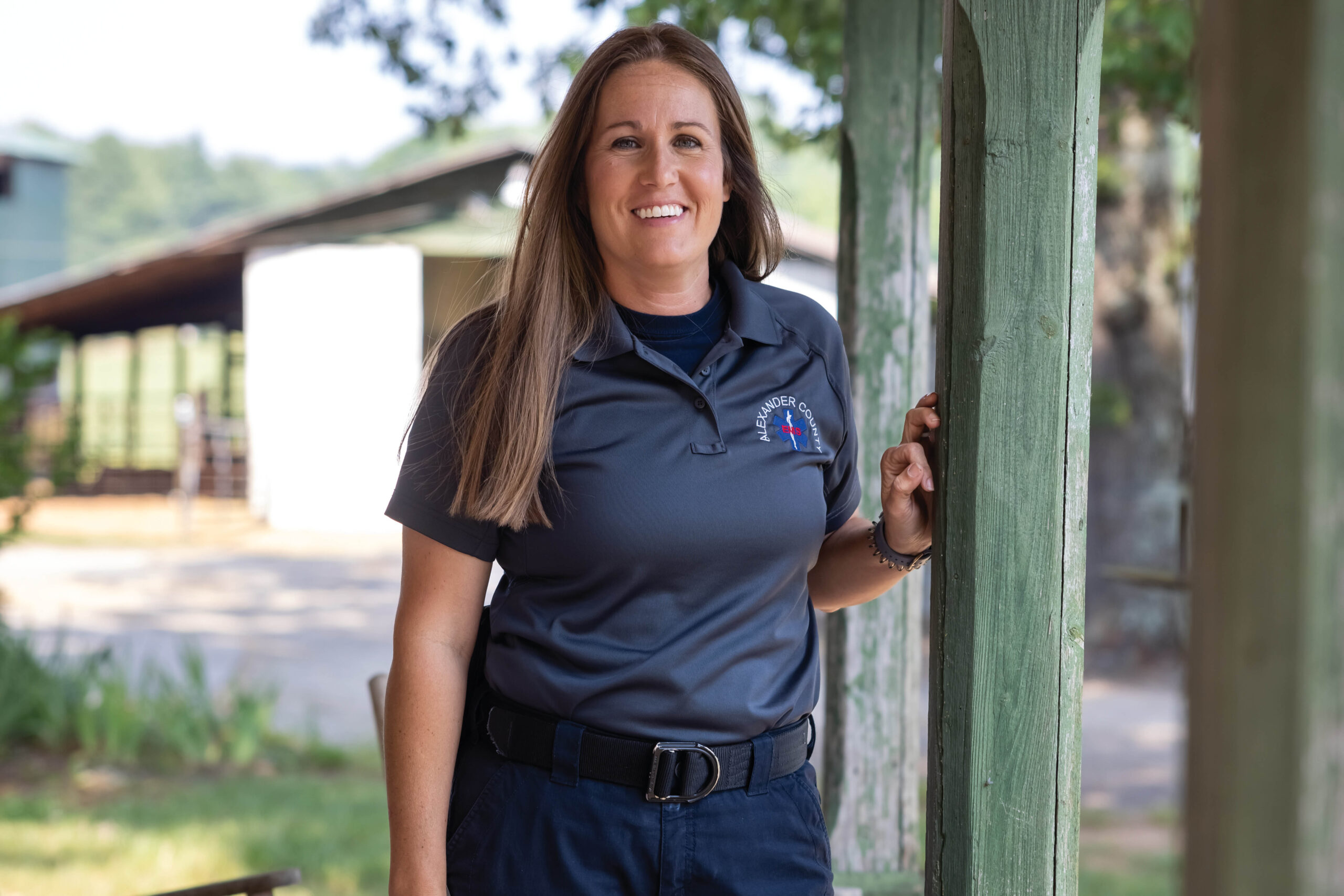
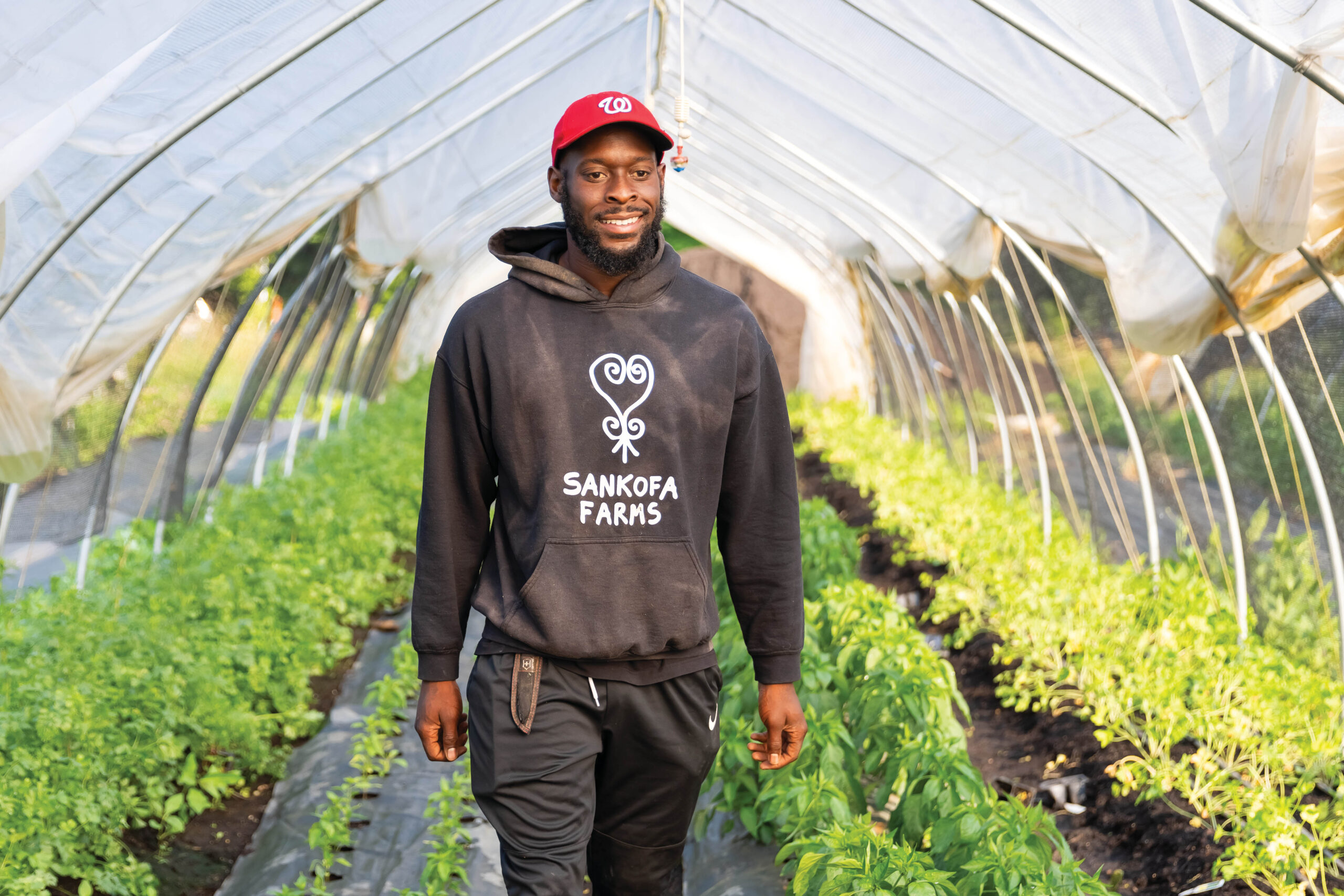
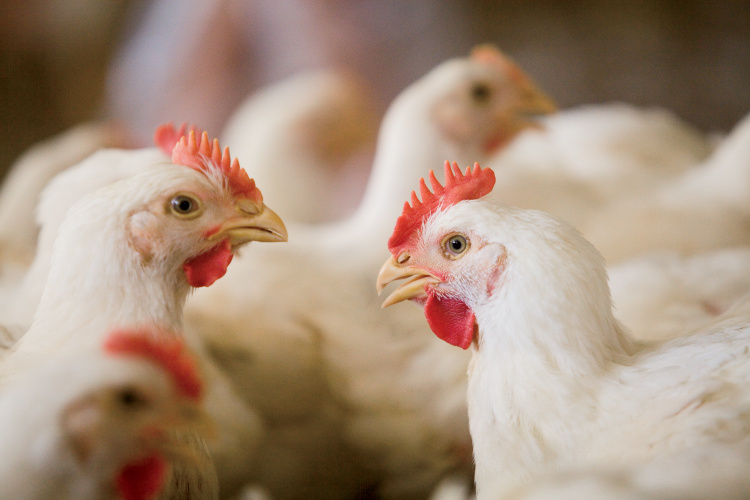

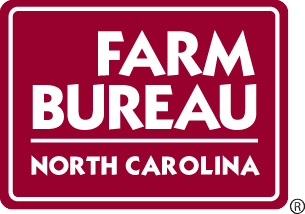
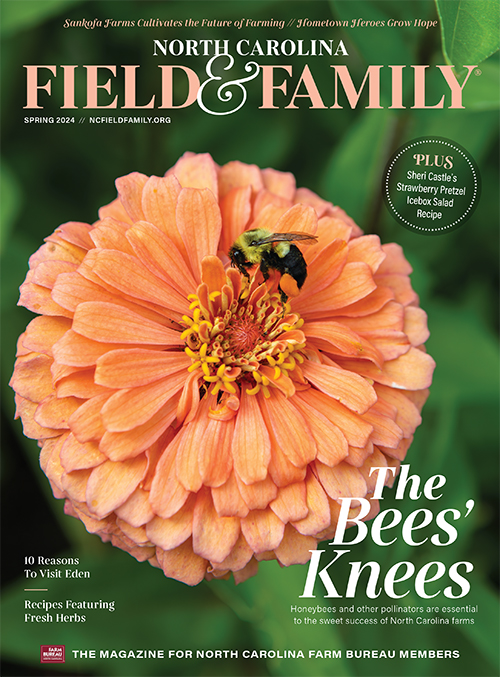 North Carolina Field and Family magazine highlights farms and foods, events and attractions, and interesting people and places throughout the state.
North Carolina Field and Family magazine highlights farms and foods, events and attractions, and interesting people and places throughout the state.
Tonya Shearon Schell (formerly Miller)
August 29, 2015 at 3:39 pm
So very proud of you for so many reasons Rob!!!! Would love to come see the farm when I see my Dad in Louisburg again! Keep on doing great things! Best wishes always!